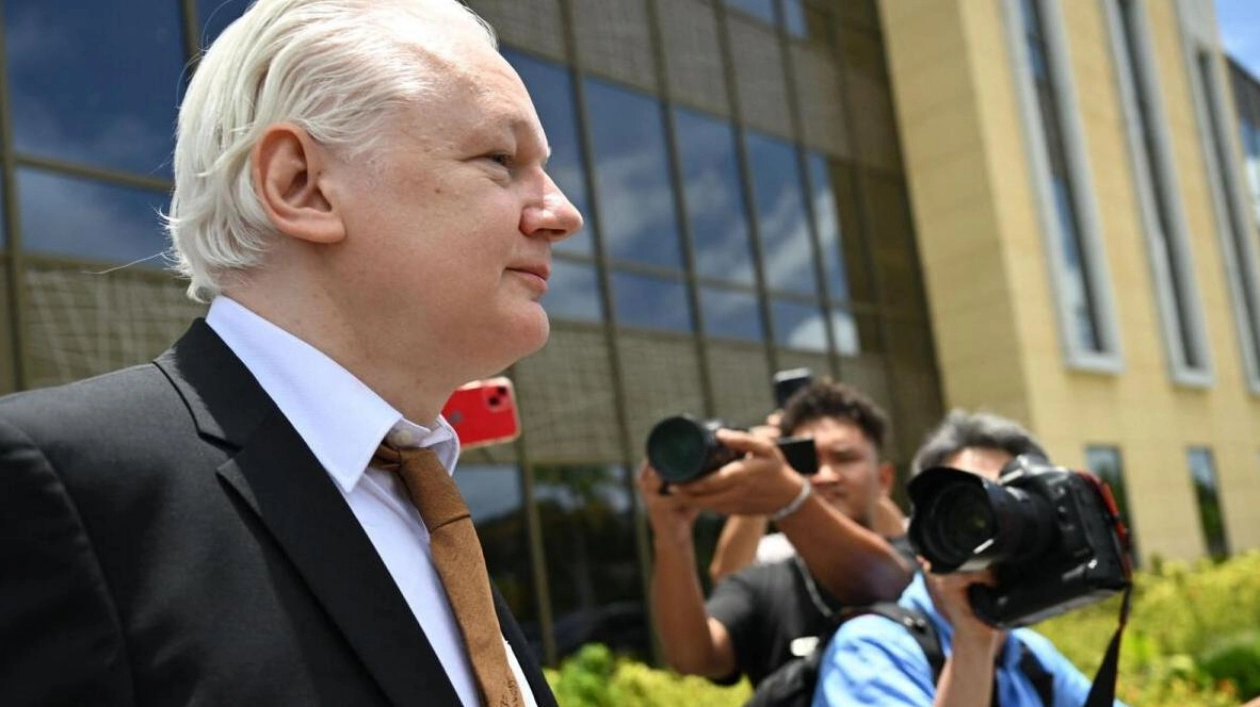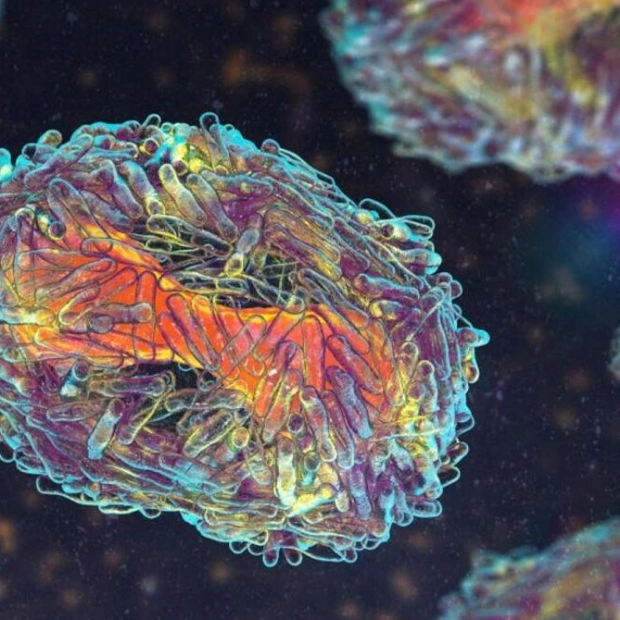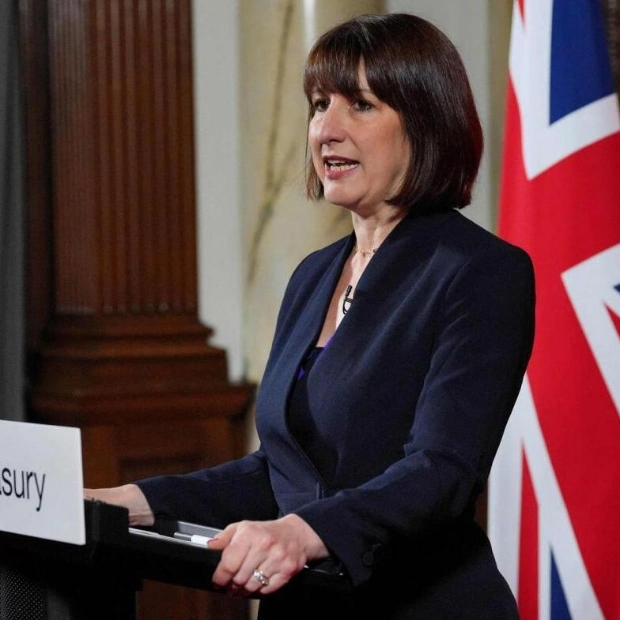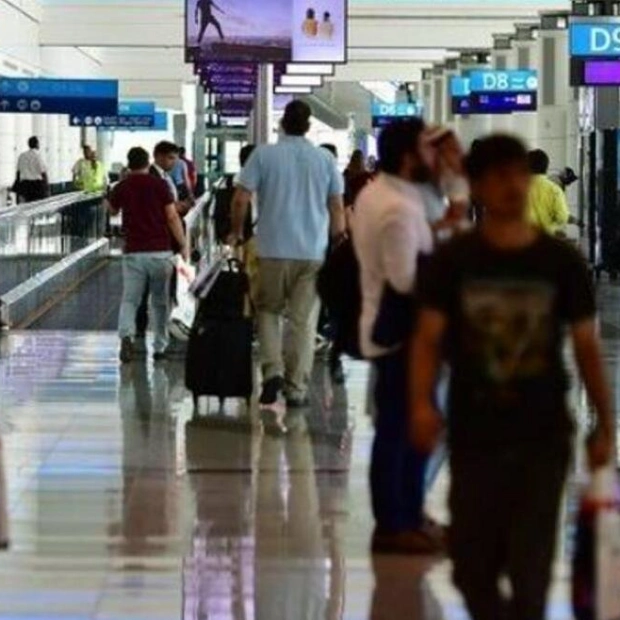WikiLeaks founder Julian Assange was released on Wednesday from a court in the U.S. Pacific island territory of Saipan after admitting guilt to breaching U.S. espionage laws, as part of an agreement that allows him to return to Australia. This resolution concludes a 14-year legal battle where Assange was incarcerated for over five years in a high-security British prison and sought refuge for seven years in the Ecuadorean embassy in London, resisting extradition to the U.S., where he was charged with 18 criminal offenses. During a three-hour court session, Assange confessed to conspiring to access and disseminate national defense secrets but maintained that he acted under the belief that the First Amendment of the U.S. Constitution, which safeguards free speech, protected his actions. He stated in court, 'As a journalist, I urged my source to share information that was classified with the intent to publish it. I thought the First Amendment covered this, but I acknowledge it was a breach of the espionage law.' Chief U.S. District Judge Ramona V. Manglona accepted his plea and granted his release based on time served in a British prison. Barry Pollack, Assange's U.S. attorney, expressed outside the court, 'We strongly feel Mr. Assange should never have been charged under the Espionage Act and was merely practicing what journalists do daily.' WikiLeaks will persist with its operations. Jennifer Robinson, Assange's lawyer from the U.K. and Australia, expressed gratitude to the Australian government for its diplomatic efforts over the years to secure Assange's freedom. She remarked, 'It is a great relief for Julian Assange, his family, friends, supporters, and all who champion free speech globally that he can now go back to Australia and reunite with his family.' Assange, aged 52, departed the court amidst a crowd of media without responding to questions, waving as he entered a white SUV. He is scheduled to depart Saipan on a private jet with Australia’s ambassadors to the U.S. and UK, en route to the Australian capital, Canberra, expected to arrive around 7 p.m. (0900 GMT), as per flight records. Assange had consented to plead guilty to one criminal count, as documented in the U.S. District Court for the Northern Mariana Islands. The U.S. territory in the western Pacific was selected due to his reluctance to travel to the mainland U.S. and its closeness to Australia, as stated by prosecutors. Numerous media outlets from across the globe were present at the hearing, with additional journalists outside the courtroom reporting on the event. Access for media to film inside the courtroom was denied. Stella Assange, the wife of the WikiLeaks founder, commented on a social media platform, 'I observe this and wonder how overwhelming his senses must be, navigating through the press after years of sensory deprivation and the confines of his high-security Belmarsh prison cell.'
Australian-born Assange endured over five years in a British high-security prison and seven years confined in the Ecuadorean embassy in London while contesting allegations of sex crimes in Sweden and fighting extradition to the U.S., where he faced 18 criminal charges. His supporters see him as a martyr for revealing U.S. misconduct and possible crimes, notably in Afghanistan and Iraq. The U.S. government has argued that the disclosure of these secret documents endangered lives. The Australian government has been lobbying for his release and has discussed the matter with the United States on multiple occasions. Prime Minister Anthony Albanese stated at a news conference on Wednesday, 'This is not something that has occurred overnight. This has been a deliberate, patient process, carefully managed, which reflects how Australia conducts itself.'






